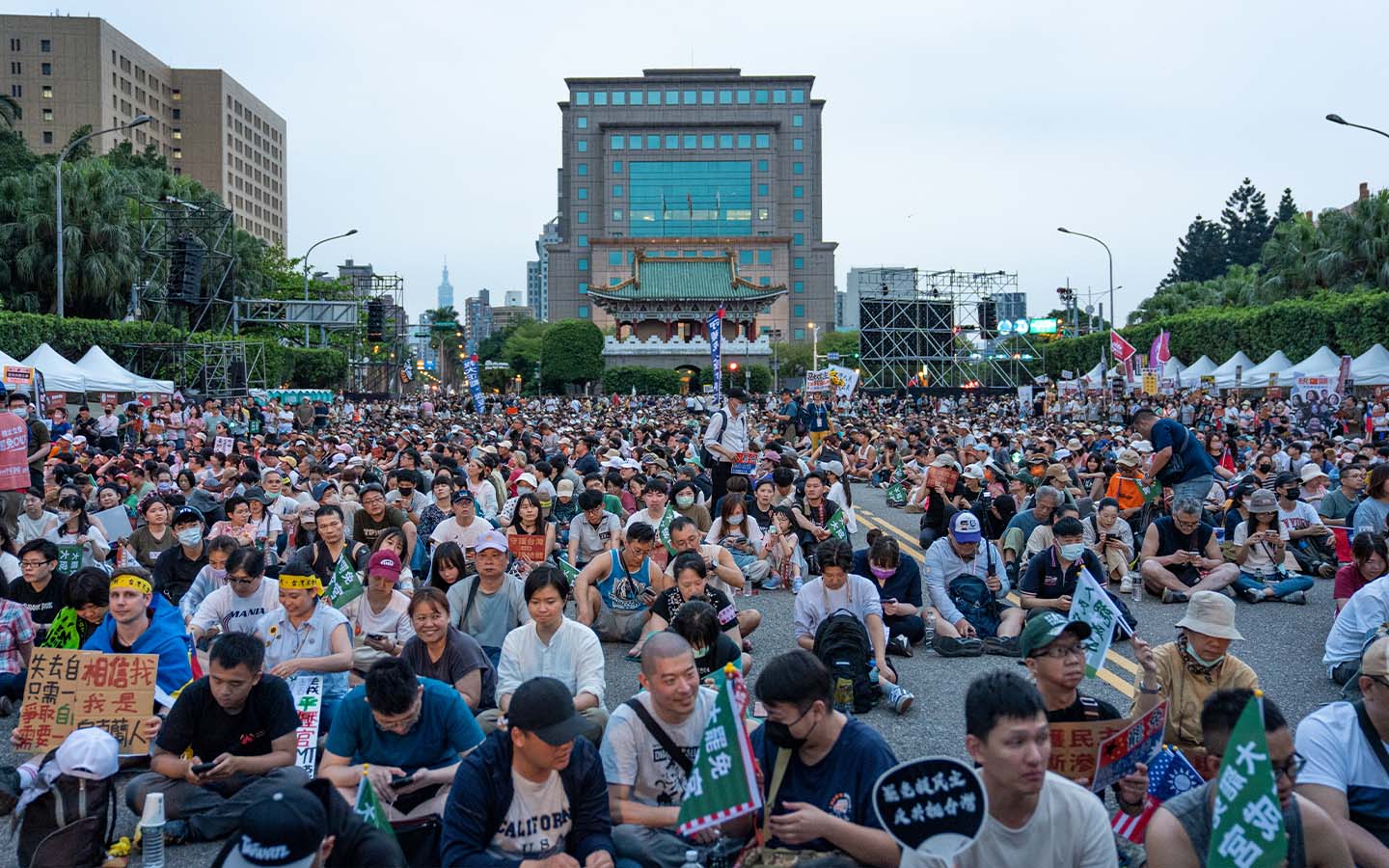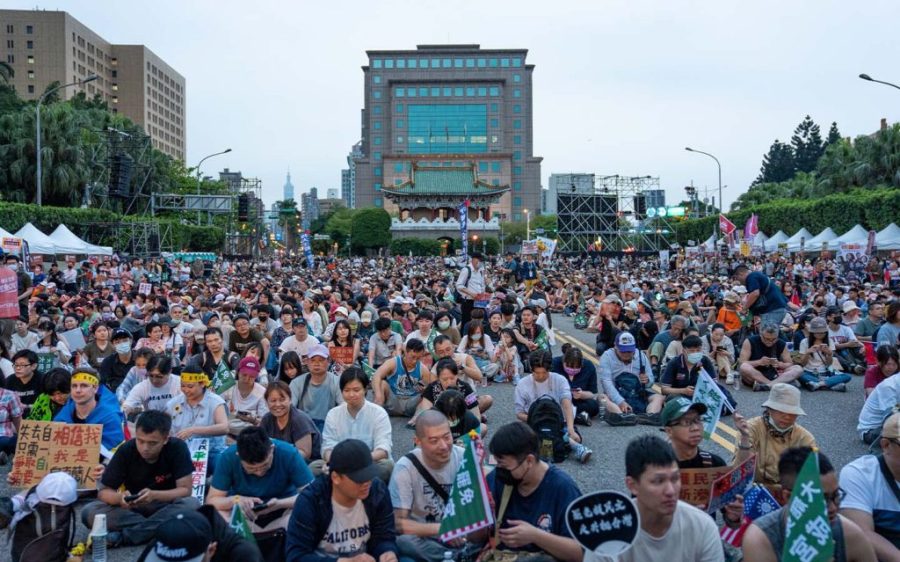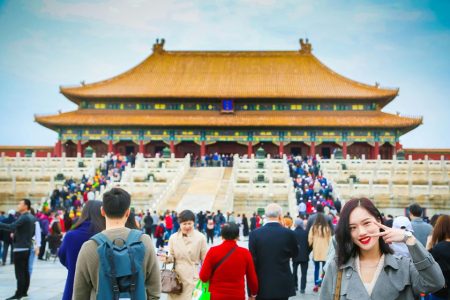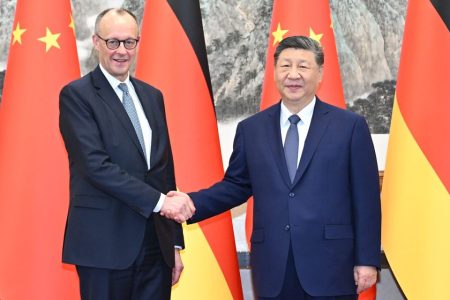On Saturday, Taiwan’s “Great Recall” movement failed to vote 7 lawmakers out of office. The results mirror a similar procedure last month, during which 24 lawmakers and the mayor of Hsinchu City similarly survived a wave of recalls.
The multi-stage campaign rallied tens of thousands of the island’s residents in an orchestrated bid to eject members of the opposition coalition in what’s been deemed the most extensive use of the recall mechanism to date at the legislative level.
“We’re witnessing a deepening of democracy,” one of the recall’s organisers, Molly Kuo, claimed to the New York Times. The subjects of recalls disagree: politician Lai Shyh-bao, who survived July’s recall, has accused the movement of being “driven by hatred.”
The Great Recall is the product of months of discontent in the aftermath of the 2024 Taiwanese election. That saw the Democratic Progressive Party’s (DPP) William Lai Ching-te become the island’s leader in what Politico described as a “snub to Beijing,” while the main opposition coalition – comprising the Kuomintang (KMT) and the Taiwan People’s Party (TPP) – secured a legislative majority. (The KMT is viewed as the political party most open to engaging with Beijing, while the TPP positions itself as relatively neutral.)
[See more: Twelve potential candidates have been barred from Macao’s legislative election]
Tensions came to a head in May 2024, when the opposition coalition passed a set of bills that limited Lai’s power. Pro-DPP groups retaliated with a campaign known as the Bluebird Movement that escalated into the Great Recall.
According to Yanina Welp, a research fellow at the Graduate Institute in Geneva who studies recall initiatives, the scale of Taiwan’s recall was enough to make it stand out as unusual.
“It’s called the Great Recall because of the large number of representatives challenged by the process,” she told Macao News. Additionally, unlike most recall votes, Taiwan’s had two layers: one at the provincial level, the other stemming from tense relations with mainland China. “It’s quite unique because you have a kind of two-level dispute,” Welp said.
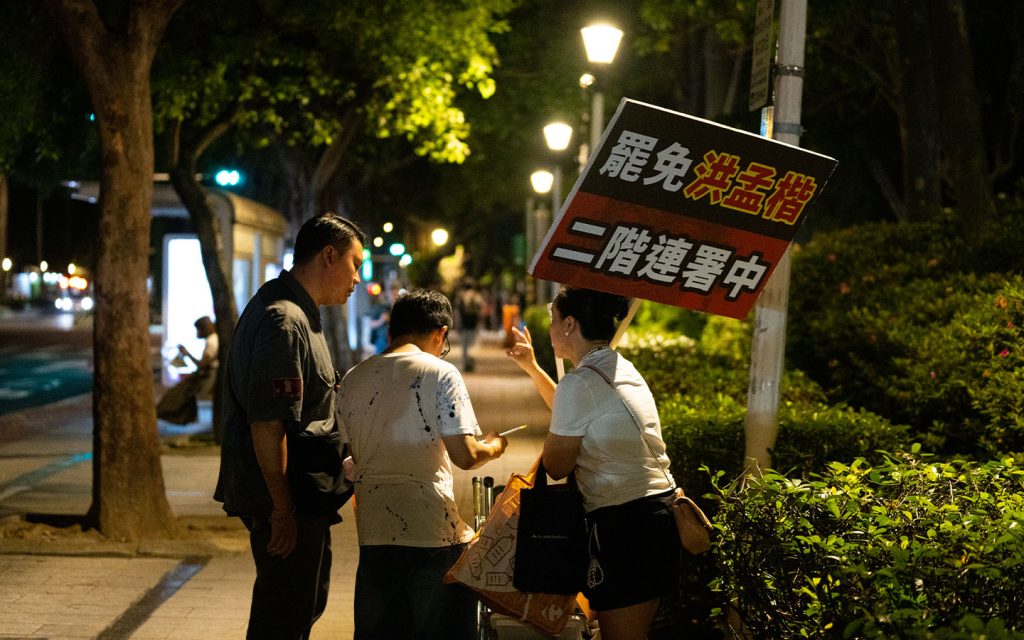
Taiwan’s recall plan backfires
According to Ben Levine of the Global Taiwan Institute – a US-based organisation that is funded, among others, by prominent individuals with Taiwan interests – the recall was an uphill battle from the start. The districts where politicians were up for recall are all KMT-leaning, he wrote, and constituents were unlikely to vote against members of their own party.
Welp said that the recall may even have strengthened the lawmakers’ positions in the island’s legislature. “I mean, nothing happened,” she said. “But you have the addition of popular legitimacy because the process didn’t go through.”
Her view aligns with findings by academics who study recalls. In a 2011 paper published in the Journal of Representative Democracy, Coventry University’s Matt Qvortrup noted that recall elections often end up empowering incumbents – as was the case with Venezuela’s former president, the late Hugo Chavez. His 2004 recall saw public opinion tip in his favour.
[See more: Taiwan’s advisory against unnecessary travel to Macao provokes a stern response]
Maintaining the status quo also retains Taiwan’s legislative gridlock, however. To overcome that, Lai and the opposition coalition may have to work harder to find common ground, wrote David Sacks, a fellow for Asian Studies at the Council on Foreign Relations (CFR) – a US think tank whose members often support an assertive global role for the US and champion Western policy priorities.
However, Joshua Freedman of the Foreign Policy Research Institute, a conservative American think tank similarly aligned with US foreign policy perspectives, has written that cooperation won’t be easy, as “Legislators who survive the recalls… are likely to be even more hardened in their opposition to DPP governance than before.”
Although polling data from the Taiwan Public Opinion Foundation – a nonprofit on the island – indicates that most voters did not consider cross-strait relations the main factor at stake, Levine has suggested that the election results could help ease relations with Beijing. The mainland may “view Taiwan’s internal political dynamics as a check on Lai’s ability to pursue a more assertive stance,” he wrote.
